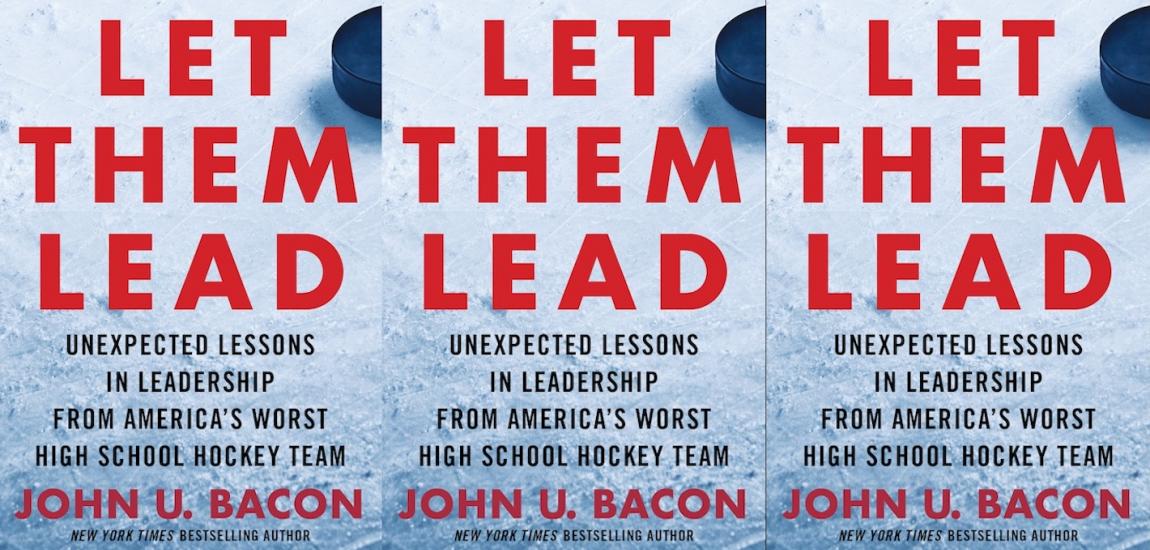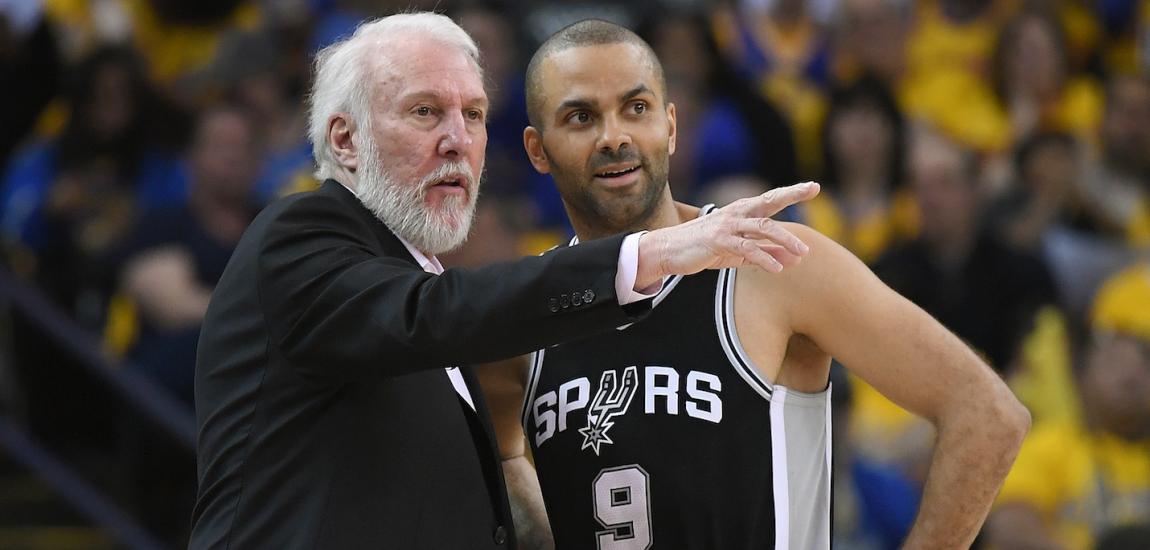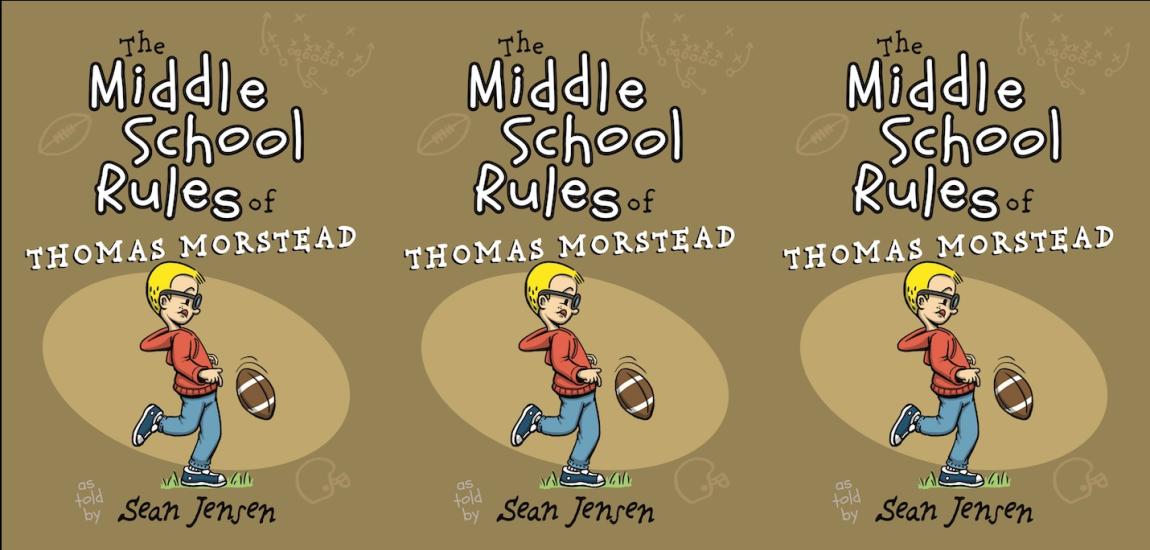The first woman professional boxing judge in the world, Carol Polis has had a life personal triumph against long odds. In 1971, Polis married a part-time professional boxing referee. Within two years, she went from being a squeamish spectator to a professional boxing judge -- the first woman ever to do so. From cutting her teeth on three-round undercard fights at the gritty Blue Horizon in Philadelphia to finding herself at the center of a riot at Madison Square Garden, Polis has worked a staggering 27 title fights in nine countries. Here is an excerpt from her new book, The Lady Is A Champ.
When the phone rang at 6:50 AM, I knew from the ring it was my father. There were people who claimed that was impossible, that a ring was a ring no matter who was calling. But they didn't know my father. My father was a good guy and a great tennis player, but very strict and self-disciplined. My brother, sister, and I were supposed to make honor roll every time, and if there was a B mixed in with the A's, Dad wanted to know what the B was all about.
Dad was originally from New York and had come to Philadelphia to open a store with his brother. They named the store Consolidated Home Furnishings, but my mother, the easygoing one, nicknamed it Constipated Home Furnishings. Judging from how well the store did, however, it couldn't have been too constipated. TVs, dish sets, dining room sets, linens, and anything you could think of for the home came in and went out. My father was the first retailer in the area to sell things on an installment plan. He sent his men out every day to make the rounds and collect the weekly payments.
My brother and sister and I didn't know much about the business, though, other than the fact that it provided us with a pretty good lifestyle. And that it made us famous. Dad named a mattress for each of us. My brother's was dubbed the "King Arthur." Mine was the "Queen Carol." Our little sister, born five days after the attack on Pearl Harbor in December 1941, got the "Princess Nancy." People all over the Delaware Valley were sleeping on us, and we felt like royalty.
On this cold morning in February with the sun not quite up, the man of the house already on a commuter train, and the woman of the house scurrying around to make sure four kids were matched with the correct lunchbox, my father was calling from sunny Florida sounding relaxed but concerned. "Your mother and I were watching The Today Show, and they did a piece on our daughter."
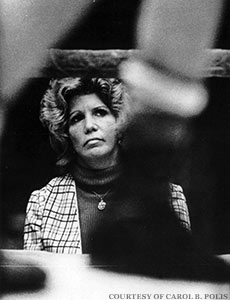
"Oh, that," I said. "I taped that yesterday."
"I wish you had called us," he said. "Well," I said, "that's just how busy it's been. It's funny, I was going to call you today as a matter of fact."
"How on Earth did you get to be a professional boxing judge, Carol? How did this all happen? Last we heard you were getting your stock broker license."
"This is really Bob's thing," I said. "You know, he's been a referee for so long, and he kind of got me involved. And we thought it was a good idea to give us something to talk about. Something in common. It's really no big deal."
"Boxing's a rough sport."
"Well, I won't be in the ring, Dad. I can promise you that. They couldn't pay me enough to jump in there for a second!"
"Well, that's my point," he said. "Don't try to make any money out of this."
"I wish I could," I said. "The problem is, I honestly don't know how. But if you have any ideas, I'm all ears."
I played the whole thing down as much as possible, painting my newfound profession as a hobby and myself as an appendage to my husband. My father's fears seemed allayed, at least enough for him to put my mother on the phone.
I also got phone calls from newspapers, radio stations, and TV stations looking for a piece of the story on America's first female boxing judge. I was champing at the bit, but I tried to answer every last call with the same gracious, polite "Hello, Carol Polis speaking." One of those calls came from veteran Philadelphia sportscaster Al Meltzer. Another, right behind it, came from Joe Pellegrino, who was the sports reporter at Philadelphia's ABC network affiliate, WPVI Channel 6. Everybody in the City of Brotherly Love, however, knew Joe not by the station call letters but by the name of the news broadcast -- Action News.
Action News discontinued the practice of having a staid newscaster sit behind a desk for a half hour and read the day's events. Action News sent reporters and even anchormen out to where the stories were happening and kept the news segments brief, lively, and chock full of footage. In the three short years since taking its name, Philadelphia's Action News had been cloned all over the country.

Along with Larry Kane and Jim O'Brien, Joe Pellegrino was a household name in Philadelphia. Pellegrino had been a top college athlete himself. The questions he asked me were ones that for the most part I was already used to answering: What I thought of the violence in boxing, what my kids thought of my new job, whether I thought women should get into the ring, and what advice I had for young women looking to get into the world of sports.
Like Frankie Valli, Joe had a real ease on camera and classic Italian good looks, More than that -- he had an audience. After my appearance on Action News, our phone rang off the hook just from friends and neighbors who had seen it. What constituted fame in the eyes of most people was a visit to their own private celebrity corner, and with Action News, that's where I was for this particular fifteen minutes.
Bob, however, thought I was burning the candle of fame at both ends and let me know it from time to time. When I received an interview request from Lester Bromberg, the boxing writer, Bob told me I should turn it down.

"Lester Bromberg," he said, "was covering boxing before you were born."
That was true. Bromberg, who for the past several years wrote for the New York Post, covered boxing for the New York World Telegram from 1931 to 1966, scrutinizing action in the ring while the action outside the ring changed the planet several times over. In 1962, Bromberg's book, Boxing's Unforgettable Fights, was published and soon became as much of a classic as the bouts it described. Each feather in Bromberg's cap was a reason in Bob's eyes for me to decline and a reason in my eyes to jump at the chance.
"Why does it matter what he did before I was born?"
"When it comes to boxing," Bob said, "you were born yesterday. You've judged exactly one card. You're not ready for this. You're not ready for Lester Bromberg. He's a walking history book of the entire sport of boxing. You're a novice. A promising novice, but a novice. I just don't see why you would want to go around advertising that fact."
"I think that fact is already well established," I said. "Who cares?" "What if he asks you about the Louis-Marciano fight in 1951? Do you remember that fight? Did you even see it or listen to it? You can't really talk boxing with the likes of a Lester Bromberg unless you have what's called a lexicon. There are dozens of fights you would just be expected to know all about before the conversation can even begin."
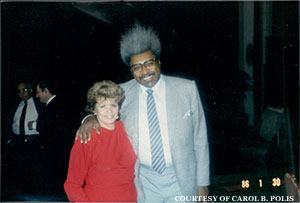
"Bob," I said, "this is an interview, not the Spanish Inquisition. Did it ever cross your mind that he might just be fascinated with the idea of a woman in the ultimate man's world? Did it ever occur to you that having done thousands of boxing stories, he might want to do one that's a little different?"
"And what would make you think that?" Bob asked.
"Because that's what he told me," I said. "On the phone, when we spoke."
I wound up doing the interview. Not only wasn't it the Spanish Inquisition, Lester Bromberg thought it was vital for the sport to change with the times. A woman judge was, in his view, a good example of what needed to be done. In fact, he thought the sport probably needed a few more women. Bromberg's wife sat in on part of the interview and was very gracious. Given her husband's first-class demeanor, I wasn't at all surprised.
But pressure is a formless entity. Going against my husband's wishes in one instance meant complying in another. I found myself turning down requests for interviews and appearances selectively for good measure. Doing so somehow relieved me of the gnawing feeling that I was stealing Bob's show. It also made me angry.
-- Excerpted by permission from The Lady Is A Champ by Carol Polis with Rich Herschlag. Copyright (c) 2012 by Carol Polis. Published by Velocity Publishing Group. All rights reserved. No part of this excerpt may be reproduced or reprinted without permission in writing from the publisher.
Popular Stories On ThePostGame:
-- Chris Spielman: 'That's Why I'm Here' -- Book Excerpt
-- The Walk-On: Matt Stewart's Inside Story Of Northwestern's Rise To Big Ten Champs
-- Which Sports Conspiracy Theory Can You Believe?
-- The Hottest Fitness Trend You've Never Tried






